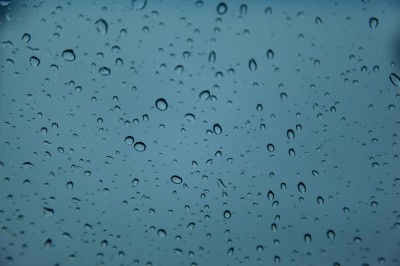The biggest ingredient in your beer is the water so it can have a lot to do with the final outcome of your brew. The minerals and salts in water can cause negative side effects, as well as produce good characteristics. Luckily, for the most part unless your water is really soft, hard or polluted, you’re probably safe using it to brew beer at home.
A Few Things To Know About Your Water Source
If your water is provided by the city, it’s been filter which is good, but may also have chlorine. High levels of chlorine can produce bad smelling aromas and bad tasting flavors that will make your tongue curl.
If you have water that is softened, it may be lacking the minerals to give your beer all of the characteristics that you want.
If you have water from a well, you might have water that is high in minerals, including iron. In moderation, that’s not such a bad thing. However, high levels can give you those negative affects that you’ll want to avoid.
Basic Ways To Improve Your Water Quality
Use A Water Filter – You don’t need a whole water filter system (with a carbon filter), one of the gadgets that mounts to your faucet will get the job done. There’s good ones for sale for less than $30 and the only expensive after that is the replacement filters.
Buy Water – Head over to your grocery store and pick up your water there. My store has two and three gallon jugs. There are some drawbacks: You’ll have to go to the store every time you brew, you’ll have to make sure you have enough water and the leftover plastic containers means a lot of waste.
Overall, don’t worry too much about your water when you’re first getting started. More than likely, your water is fine to use for home brewing. As you really get into home brewing, you’ll want to start looking into the different ways to take control of the quality and characteristics of your water.
